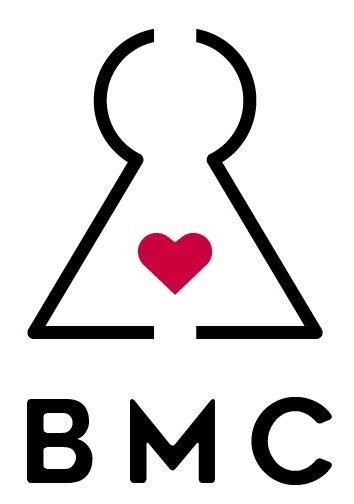How to Suffer Well
If you are reading this article, I assume that you are already familiar with the theories and principles behind meditation and mindfulness. I also assume that you are familiar with the benefits of physical exercise, gratitude journals, being present, focusing on your breath, spending time with good people, and eating well. It sounds simple, doesn't it? Why are we then still incapable of applying these pearls of wisdom in our lives? What else do we need to attain life wisdom?
I started delivering programs related to well-being for managers in Fortune 500 companies and NGOs in the early 21st Century. The usual story at that time was that stress was a fake notion that F.E.A.R. stands for False Evidence Appearing Real. After all, aren't we, humans, more evolved than fearful lizards and hungry tigers? It was the time when the world survived superstitious predictions about the Year 2000 while at the same time, in China, the uprise of economic development pushed the whole nation to forget about poverty and starvation (still reality for many people outside of development zones).
World mental health report: transforming mental health for all https://www.who.int/teams/mental-health-and-substance-use/world-mental-health-report
Fast forward two decades and a global pandemic later, equipped with the boom of self-help literature and information about pretty much everything, we, humans are now continuing the race for economic growth with additional demand: continue to do all of the above but now remain calm, focused, without thoughts and with a jolly attitude. No wonder we find evidence of exploding mental health pandemic across the globe. Reading the newest WHO report is alarming and not surprising.
Where did we go wrong?
I wonder if this quest for happiness is actually creating an even bigger problem. Everything is so simple and yet, so difficult to reach. The more we know the more depressed we get. It makes me wonder if it's important to reposition and approach the whole topic from a completely different angle. Perhaps in our obsession to learn how to be happy, we forgot to learn how to suffer well?
To become masterful in suffering means to experience joy each time we gain awareness that suffering is present. This is not an expression of sadistic nature, but rather a reminder that suffering brings an invitation to learn, grow, and transform through the healing properties of mindful presence.
If we avoid suffering, we end up very quickly in a place of no growth. To avoid suffering coming from the physical body means that we ignore when we feel tired so we forget to rest, we ignore when we are hungry so we forget to eat, and we ignore when we are thirsty so we forget to drink.
To avoid suffering coming from the emotions means that we ignore anger and forget to express our boundaries, we ignore fear and anxiety so we don’t prepare well, and we forget worry so we don’t consider different options.
When we avoid seeing others' suffering we disconnect so we begin to feel lonely and eventually we suffer even more. The most obvious signs of suffering are when we engage in various distractions and addictions to cover the awareness of suffering.
Meditation can also become a 'tool' to avoid suffering. Truth is, as we begin to explore meditation and sit in stillness we might at first experience joy and happiness. However, eventually, we will reach the point of the emergence of suffering as it appears from the depth of our consciousness. Seeds of suffering will reveal themselves which is neither bad nor wrong, it is necessary. We are constantly spinning in circles, chasing our own tales (no pun intended). Insights on how tales (history, identity, perceptions) present themselves in our consciousness remind us of the healing nature of suffering.
Suffering well with the body
Write down a list of indicators bringing awareness that you are tired. Does your mind become scattered? Do you become irritable? Or sleepy? Or you can’t rest well? Whatever your indicators are, write them down and create an agreement with yourself on how you are going to rest next time you notice tiredness. In the practice of self-compassion, we offer a soothing touch by placing a hand on our chest or belly to find ease in suffering. Instead of self-criticism or judgment that we are weak or incapable, at times of suffering we kindly acknowledge:
"I am tired, it is time to rest. Being tired is part of life, everyone gets tired at a certain point. This is my moment. It is time to rest. "
And then, it is time to rest well. Suffering well means using the awareness of suffering in order to discern how to approach the situation.
How does awareness of being hungry or thirsty help you to live a healthy life? Being tired, hungry, and thirsty are signs that you are human. If you try to avoid the messages of this suffering, you will be in grave danger. Knowing when you are tired, hungry, and thirsty is the wisest thing you will know about yourself. Keep in mind that indicators of how you respond to the suffering of your body keep changing. They are not the same when you are 10, 20, 30, or 70 years old. Keep monitoring how they change and learn how to soothe yourself in a way that is recharging.
At Beijing Mindfulness Centre we practice a self-compassionate approach to life so we can suffer well. Join us in our practice so you can share these skills with your family, friends and colleagues.











